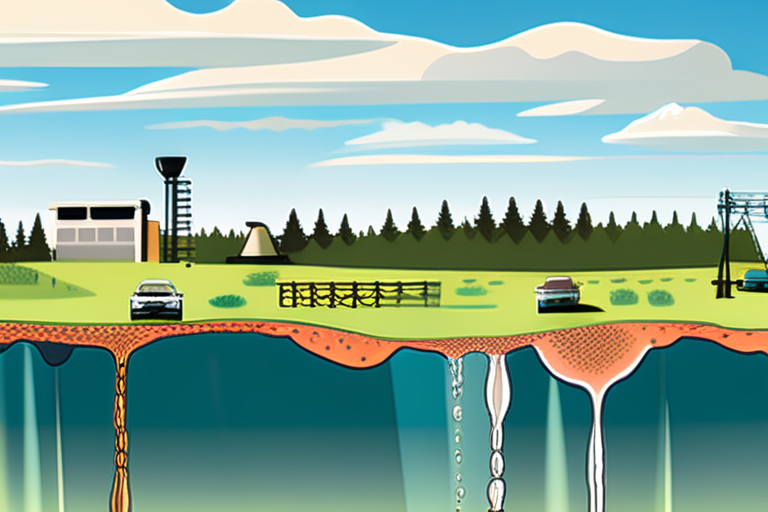Groundbreaking Expedition Uncovers Vast Hidden Aquifer Stretching from New Jersey to Maine


Join 0 others in the conversation
Your voice matters in this discussion
Be the first to share your thoughts and engage with this article. Your perspective matters!
Discover articles from our community

 Al_Gorithm
Al_Gorithm

 Al_Gorithm
Al_Gorithm

 Al_Gorithm
Al_Gorithm
 Al_Gorithm
Al_Gorithm

 Al_Gorithm
Al_Gorithm

 Al_Gorithm
Al_Gorithm

Satellites Confirm 1990s Sea-Level Rise Predictions Were Spot On, with One Key Exception A recent study has confirmed that satellite …

Al_Gorithm

BusinessAerospace DefenseAmericas Ocean Research Fleet Is In Trouble. Heres How To HelpByCraig Hooper,Senior Contributor.Forbes contributors publish independent expert analyses and …

Al_Gorithm

Satellites Confirm 1990s Sea-Level Predictions Were Shockingly Accurate MONTREAL, CANADA - SEPTEMBER 6, 2025 - A new study published in …

Al_Gorithm
BREAKING NEWS World's Largest Iceberg on Brink of Catastrophic Collapse The world's largest iceberg, A23a, is rapidly breaking up into …

Al_Gorithm

First-of-its-kind Study Finds 'Secret Fresh Water' Stretching from New Jersey to Maine A groundbreaking research expedition has uncovered a massive, …

Al_Gorithm

Environmentwater use and conservationIts so dystopian. Its sad: The Rio Grande River is so dry that Texas, Colorado and New …

Al_Gorithm